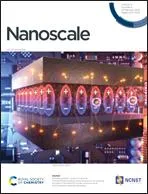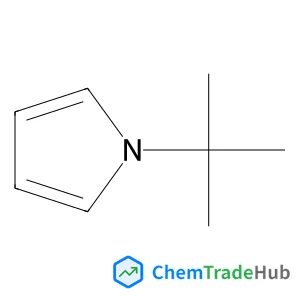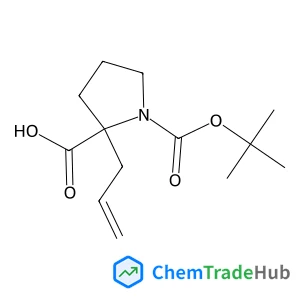A practical and highly sensitive C3N4-TYR fluorescent probe for convenient detection of dopamine
文献信息
Hao Li, Manman Yang, Juan Liu, Yalin Zhang, Yanmei Yang, Hui Huang, Yang Liu, Zhenhui Kang
The C3N4-tyrosinase (TYR) hybrid is a highly accurate, sensitive and simple fluorescent probe for the detection of dopamine (DOPA). Under optimized conditions, the relative fluorescence intensity of C3N4-TYR is proportional to the DOPA concentration in the range from 1 × 10−3 to 3 × 10−8 mol L−1 with a correlation coefficient of 0.995. In the present system, the detection limit achieved is as low as 3 × 10−8 mol L−1. Notably, these quantitative detection results for clinical samples are comparable to those of high performance liquid chromatography. Moreover, the enzyme-encapsulated C3N4 sensing arrays on both glass slide and test paper were evaluated, which revealed sensitive detection and excellent stability. The results reported here provide a new approach for the design of a multifunctional nanosensor for the detection of bio-molecules.
相关文献
IF 6.367
Facile room-temperature growth of nanostructured CuBi2O4 for selective electrochemical reforming and photoelectrochemical hydrogen evolution reactionsIF 6.367
Co-production of pure hydrogen, carbon dioxide and nitrogen in a 10 kW fixed-bed chemical looping systemIF 6.367
Efficient one-pot synthesis of alkyl levulinate from xylose with an integrated dehydration/transfer-hydrogenation/alcoholysis processIF 6.367
Metal–organic frameworks: preparation and applications in highly efficient heterogeneous photocatalysisIF 6.367
Front coverIF 6.222
Life cycle assessment of plasma-assisted ethylene production from rich-in-methane gas streamsIF 6.367
A model-based comparison of Ru and Ni catalysts for the Sabatier reactionIF 6.367
Catalytic depolymerization of Kraft lignin to produce liquid fuels via Ni–Sn metal oxide catalystsIF 6.367
An overview of latest advances in exploring bioactive peptide hydrogels for neural tissue engineeringIF 6.843
来源期刊
Nanoscale

Nanoscale is a high-impact international journal, publishing high-quality research across nanoscience and nanotechnology. Nanoscale publishes a full mix of research articles on experimental and theoretical work, including reviews, communications, and full papers. Highly interdisciplinary, Nanoscale appeals to scientists, researchers and professionals interested in nanoscience and nanotechnology, quantum materials and quantum technology, including the areas of physics, chemistry, biology, medicine, materials, energy/environment, information technology, detection science, healthcare and drug discovery, and electronics. For publication in Nanoscale, papers must report high-quality reproducible new work that will be of significant general interest to the journal's wide international readership. Nanoscale is a collaborative venture between the Royal Society of Chemistry Publishing and a leading nanoscience research centre, the National Center for Nanoscience and Technology (NCNST) in Beijing, China. image block The journal publishes weekly issues, complementing and building on the nano content already published across the Royal Society of Chemistry Publishing journal portfolio. Since its launch in late 2009, Nanoscale has established itself as a platform for high-quality, cross-community research that bridges the various disciplines involved with nanoscience and nanotechnology, publishing important research from leading international research groups.
推荐供应商
 Eurofins GfA Gesellschaft für Arbeitsplatz und UmweltAnalytik mbH
Eurofins GfA Gesellschaft für Arbeitsplatz und UmweltAnalytik mbH 库卡系统有限公司
库卡系统有限公司 泰州佳音化工有限公司
泰州佳音化工有限公司 博世力士乐股份公司
博世力士乐股份公司 雷特克电子规范技术有限公司
雷特克电子规范技术有限公司 淮北新兴实业有限责任公司
淮北新兴实业有限责任公司 襄樊诺尔化工有限公司
襄樊诺尔化工有限公司 江西拓昊福生物科技有限公司
江西拓昊福生物科技有限公司 Berghof有限公司
Berghof有限公司 山西德之北金属材料有限公司
山西德之北金属材料有限公司














